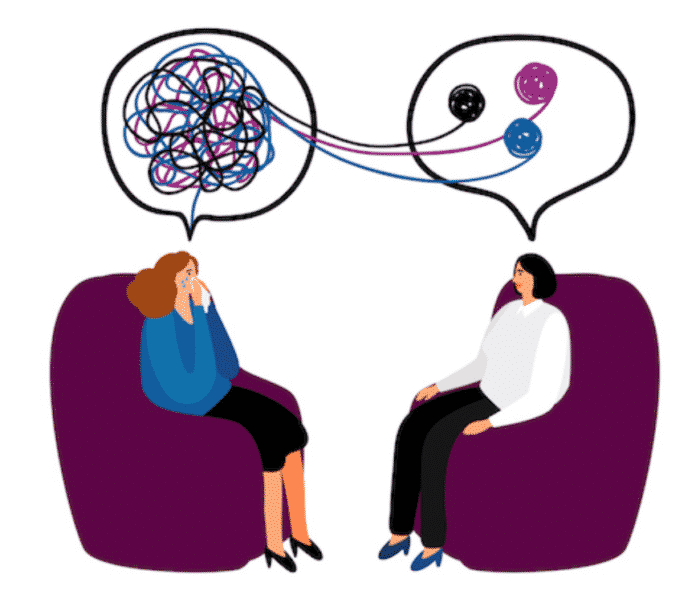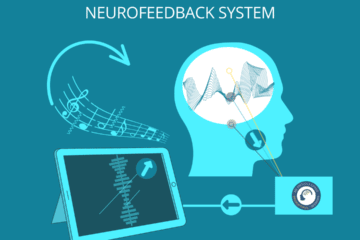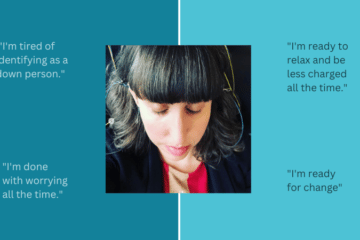More and more people are reading about, writing about, and talking about the importance of psychedelics in combination with therapeutic work. People are coming into therapy with questions about it and experiences with psychedelics that they want to explore and integrate into their lives.
What options are out there?
As of December 2019 psychedelic assisted therapy is not FDA approved or legal. That said, a variety of research is underway. If you are interested in this research or being apart of it take a look at the Multidisciplinary Association of Psychedelic Studies (MAPS) website.
Underground therapists are an option but they are underground for a reason so you will have to dig.
A number of therapists, myself included, will work with people to support their exploration of psychedelics outside of the therapy office in therapy sessions.
Working with our direct experience
Psychedelics can give us direct access to the present moment. They can help loosen or dissolve our ego in a powerful way. They can help us access feelings or memories we might not otherwise be able to access.
Stabilizing and integrating what we learn from a given trip can be very helpful. The therapy space is and can be a good place to do this work.
Three supports to integration work
- Journaling: writing about our experience directly can be very helpful as they happen or right after. When defenses are down or the hours after a trip we may be able say or write things that we might otherwise gloss over or avoid.
- Body work: this might include yoga, dance, exercise or other forms of martial arts. Because trauma is stored in the body movement can be a very helpful practice to get us through something difficult or sooth and move what needs to be after an intense experience.
- Meditation: there are hundreds of meditation traditions and mindfulness teachings out there today. The practice of meditation can greatly enhance and stabilize experiences that one has on psychedelics.
In therapy we are able to tell our stories and begin to make sense of our pain in new ways. Obviously the work we do outside of therapy impacts our work in therapy. Integrating experiences on psychedelics within the therapeutic environment can be as important and powerful as ingesting your medicine in the first place. With use of journaling, body work, and meditation one can stabilize the experiences she or he is having while on psychedelics.

Curious to know more about Meditation?
Meditation can be an important factor in the integration process. What one experiences while tripping will fade like any other memory or event in our life. If the idea is to understand, learn, and heal from that experience then meditation can serve as a tool to take us back there. Or remind us of a more specious and open hearted experience that we can access in our mind and body all the time. Meditation can have a similar flavor to the psychedelic experience.
No matter what your level of curiosity with psychedelics is therapy can be a safe place to talk about, wonder, and explore all your options.


